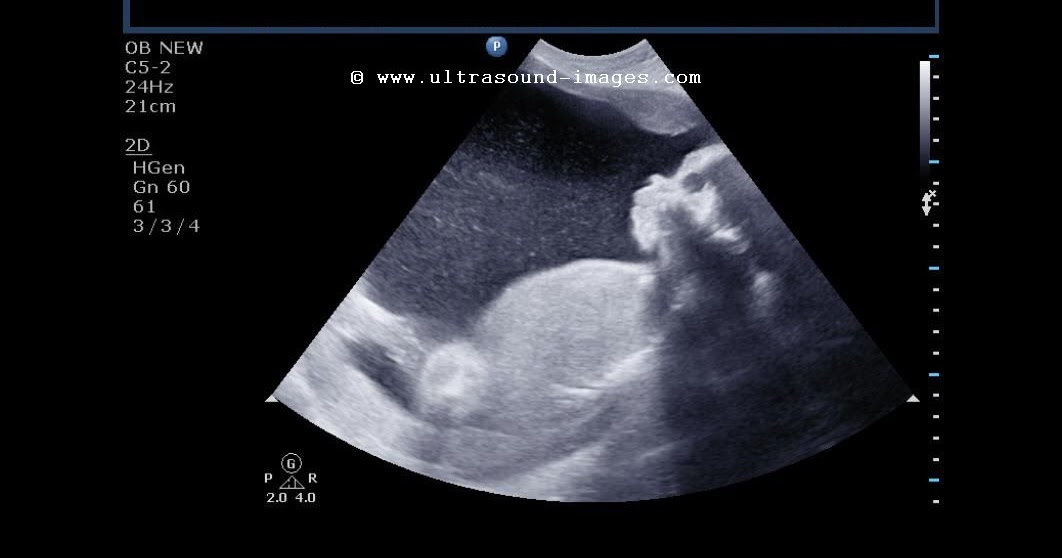

A transfusion of saline solution (salt water) into the uterine cavity using a catheter placed in the cervix to replace lost or low levels of amniotic fluid, which is known as an amnioinfusion and is typically done during labor.An early or scheduled delivery if low amniotic fluid endangers the well-being of your baby, especially if you’re at least 36 weeks pregnant.Continued close monitoring of your amniotic fluid levels, which may include nonstress testing or biophysical profile.Getting a lot of rest and possibly less physical activity.But if you are diagnosed with oligohydramnios, there are steps you can take to boost your amniotic fluid levels in the short-term. No remedies have been proven to raise low amniotic fluid in the long-term. If your doctor detects low amniotic fluid in the first or second trimesters, the risks are greater and may include miscarriage, premature birth, birth defects or stillbirth. You may also be more likely to have a C-section. If there are very low levels of amniotic fluid for your baby to float around in, there is a slight risk of intrauterine growth restriction and umbilical cord constriction during birth. Most women diagnosed with low amniotic fluid in the third trimester will have a completely normal pregnancy. Low amniotic fluid usually develops in the latter part of the third trimester, although it can happen earlier in pregnancy. An estimated 4 percent of pregnant women are diagnosed with oligohydramnios, and that rate rises to 12 percent among overdue women since amniotic fluid levels tend to decrease late in pregnancy. those who are 42 weeks pregnant) are most at risk of low amniotic fluid. Women whose pregnancies are post-term (i.e. Premature rupture of membranes (PROM) Who's most at risk and how common is it?.Certain medications, including those that manage high blood pressure.Chronic high blood pressure or preexisting diabetes in Mom.Placental abruption (the early separation of the placenta, which provides baby with nutrients and oxygen, from the uterine wall during pregnancy).Problems with baby's kidneys or urinary tract, since low amniotic fluid levels could signal a baby might not be peeing as much as expected.More rarely, oligohydramnios is linked to: Low amniotic fluid can result from your water breaking, from a puncture in the amniotic sac after amniocentesis or from a spontaneous fluid leak at any point during pregnancy that’s so small it may go unnoticed.ġ0 Pregnancy-Related Complications Black Women Should Know About Fluid leaking from your vagina What causes low amniotic fluid during pregnancy?.A significant decrease in fetal activity.You have a decreased amount of amniotic fluid, which is detected via ultrasound.Your baby’s heart rate goes down for several seconds suddenly before returning to normal.

You’re not gaining enough pregnancy weight.Your uterus measures smaller than anticipated for your baby's gestational age.

If you have low amniotic fluid, your doctor may note: The main symptoms of low amniotic fluid aren't obvious to expecting moms - which is why it’s so important to make sure you hit all of your scheduled prenatal checkups. Symptoms of low amniotic fluid when you’re pregnant Sometimes, amniotic fluid levels can signal how well your baby’s urinary system is working, since a baby excretes urine into the amniotic fluid. It also keeps your baby’s body from compressing the umbilical cord against the uterine wall.

Throughout pregnancy, your amniotic fluid cushions your baby and allows him to grow and move.


 0 kommentar(er)
0 kommentar(er)
